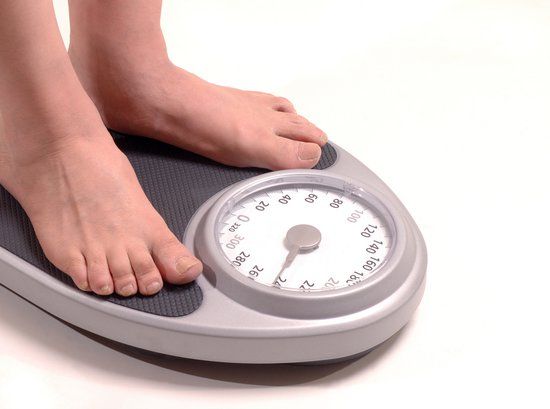A woman’s fertility is known to be linked to health factors including weight and lifestyle, but now a new study has shown just how important it is for men to be healthy too if they’re about to undergo infertility treatment with their partner.
Researchers in Brazil found that the motility and concentration of a man’s sperm can be affected by diet and weight.
In their study of 250 men, whose partners were all undergoing Intracytoplasmic sperm injection (ICSI) treatment – where a single healthy sperm in injected into an egg to fertilise it – men who had an unhealthy diet and regularly drank alcohol had poorer quality sperm than men who followed a healthier diet and lifestyle.
The men participating in the study were all asked how often they ate certain types of food, such as meat, fruit, vegetables and grains, and how often they drank alcohol or smoked. Semen samples were then analysed to see what impact diet and lifestyle had on fertility, with couples monitored throughout the IVF process.
The analysis showed that a diet high in cereals and fruit positively influenced sperm quality, whilst alcohol, smoking and a man’s Body Mass Index (BMI) negatively influenced sperm motility and concentration.
Women have long been advised to be as healthy as possible before embarking on infertility treatment, but now this study seems to show just how important it is for men to follow that advice as well.
So if you’re planning on getting pregnant – whether you’re trying to conceive naturally or via infertility treatment, simple steps you can take include quitting smoking, cutting down on alcohol consumption, and eating a varied and healthy diet.
You can also have in-depth analysis of your fertility by having a Fertility MOT. This is a series of simple tests, for both men and women, which will give you an idea of how fertile you are and if you do have any problems which may make it difficult for you to conceive naturally. Tests include semen analysis and ovarian reserve tests.
Last updated: 20th January 2020





